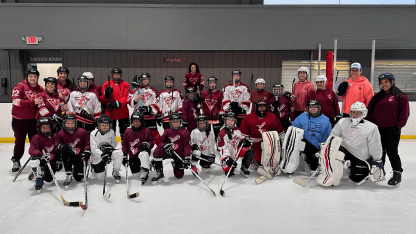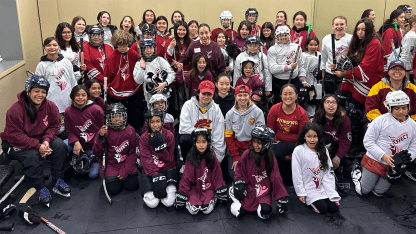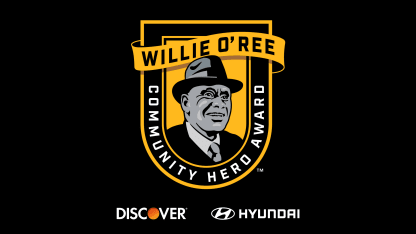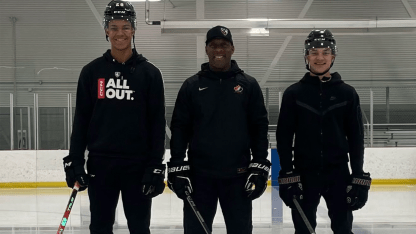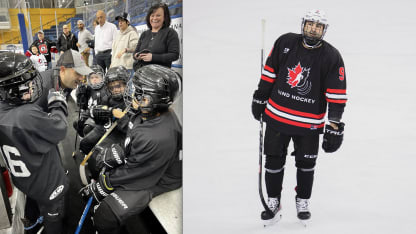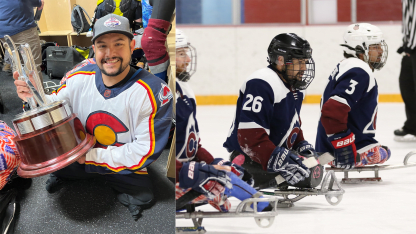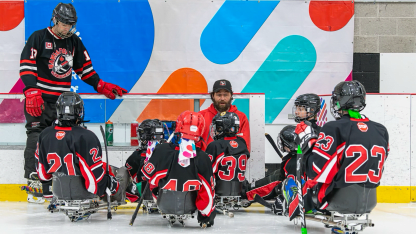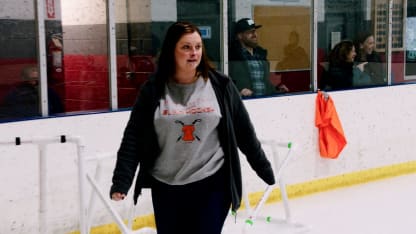The Willie O'Ree Community Hero Award presented by Discover is given to an individual who, through hockey, has positively impacted his or her community culture or society. The award honors O'Ree, the former NHL forward who became the first Black player to play in the NHL on Jan. 18, 1958, and has spent more than two decades as the NHL's diversity ambassador. After a public voting period and votes from O'Ree, NHL executives and Discover executives, the winner will be announced in June. There will be a winner from the United States and one from Canada. Today, a look at one of three United States finalists, Estela Rivas-Bryant:
Estela Rivas-Bryant views being a finalist for the Willie Community Hero Award as both an honor and an opportunity.
"Having anything with Willie O'Ree's name attached to it is an honor no matter what," Rivas-Bryant said. "But really, for me, I'm so excited that I'm able to be a finalist because no matter what, I know that using where I am now that I'm going to be able to open more doors for our girls.
"So, for me, the joy is in what I'm going to be able to pass forward and keep his legacy going with these girls."
Rivas-Bryant is one of three finalists for the Willie O'Ree Community Hero Award in the United States. The winner, who will be named in June, will receive a $25,000 prize to be donated to the charity of their choice, with the other two finalists each receiving a $5,000 prize donated to a charity of their choice. She founded the Empowerment Effect, a non-profit in El Segundo, California, in the fall of 2021 to nurture confidence and a sense of community among girls from underserved communities through ice hockey.
A first-generation Mexican American, Rivas-Bryant started playing hockey when she was 18 when a friend's son wanted to learn how to play. She decided to go along with him to lessons at Toyota Sports Performance Center, the Los Angeles Kings' practice facility and Learn to Play.
